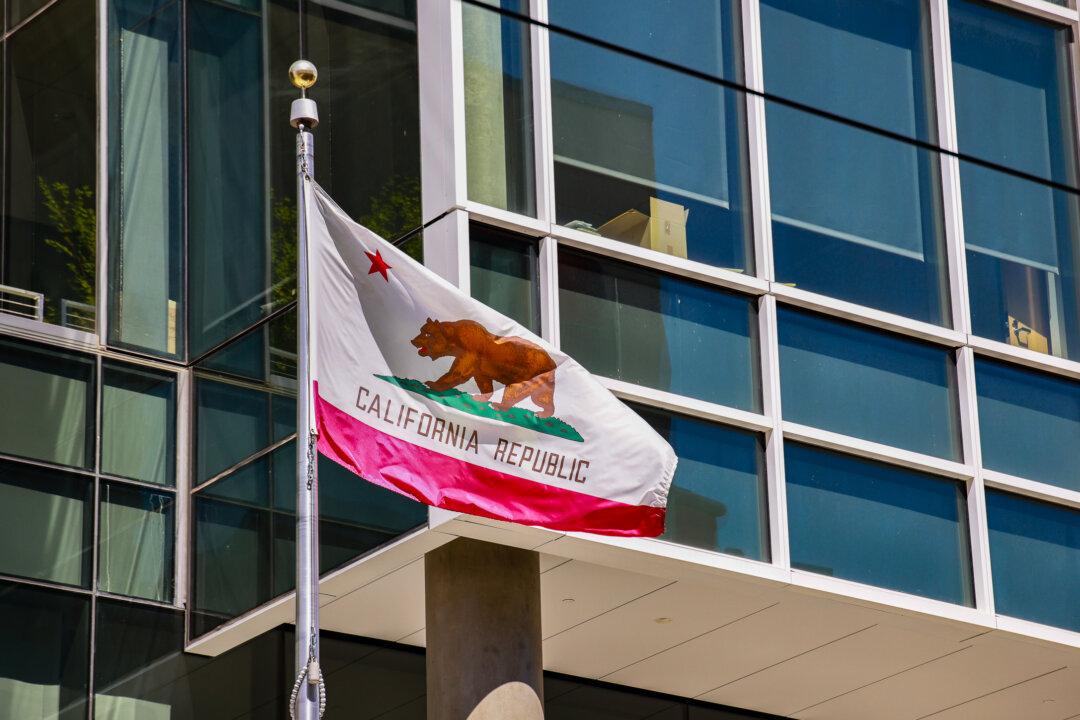A new year brings a number of changes to employment laws in California, many that took effect Jan. 1 and others slated for later this year.
Paid Sick Leave
Senate Bill 616 increases the amount of accrued paid sick leave for full-time employees from three days a year to five while raising the existing cap on accrued time from six days to ten hours. Employers are not required to pay out unused sick time.Bereavement Leave
Bereavement leave has also been expanded to include reproductive loss—defined as stillbirth, miscarriage, failed adoption, assisted reproduction, or surrogacy—by Senate Bill 848, introduced by Sen. Susan Rubio (D-Baldwin Park). Employers must now provide up to five days’ leave for employees who experience such an event.Noncompete Clauses Now Illegal
Noncompete clauses are now a thing of the past. Such are used by employers to prevent employees from taking work at a competitor. Employers have until Feb. 14 to notify current employees that any signed such agreements are no longer valid.While the clauses were deemed unenforceable by prior court decisions, two new bills, one from the state Senate and another from the Assembly, codify the law and make it a civil penalty to ask new employees to sign such agreements.





